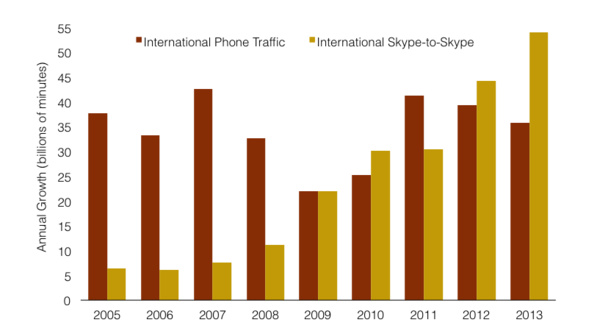Latest news
 |
YouTube Premium starts showing ads to subscribers (13 Nov 2024 3:09)
For years, YouTube Premium has been marketed as a way to enjoy an ad-free YouTube experience. But apparently, that is no longer the case, as Premium subscribers are now starting to see ads on the platform.
|
 |
Android 16 will launch sooner than expected (01 Nov 2024 6:45)
Google announced that upcoming Android 16 will break the traditional once-a-year cycle of major Android launches. Next Android is poised to launch in Q2 of 2025, so Android 16 should ship before end of June, 2025.
|
 |
Winamp ends its "open source" project that wasn't really open source (20 Oct 2024 11:12)
Less than a month after the legendary MP3 player Winamp made its source code public, the company has made a sudden U-turn and removed its code from distribution.
|
 |
Winamp released its source code - but didn't go open source (25 Sep 2024 12:38)
The source code of Winamp has now been officially released. However, it hasn't become a pure open-source project, as its licensing terms prohibit the creation of new, different versions.
|
 |
Does your phone rattle? Here's why it happens (25 Aug 2024 8:30)
When you shake your phone and hear a light rattle, clatter, or jingle, it's likely not broken. The culprit is probably the optical image stabilization (OIS) system in your phone's camera, meaning everything is functioning as it should.
|
News archive














